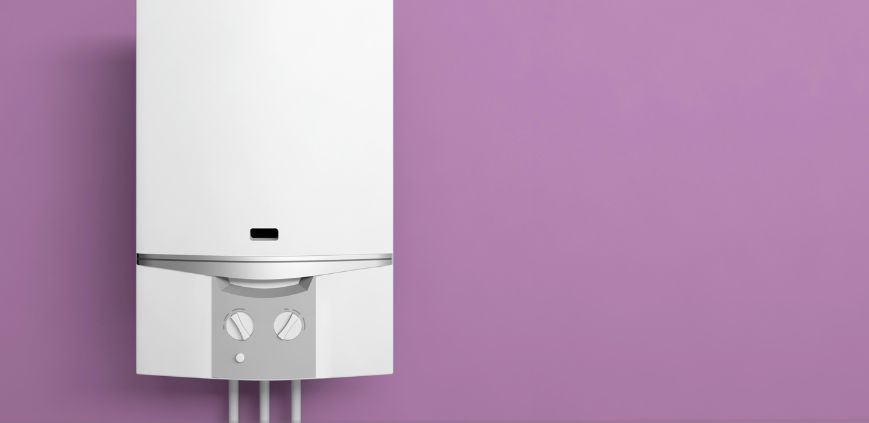Exploring the Advantages and Disadvantages of Various Water Heaters
Water heaters are essential in most homes, providing the hot water necessary for showers, washing dishes, laundry and more. Choosing the right water heater can significantly impact your energy bills and comfort levels. Learn about the benefits and drawbacks of various types of water heaters, helping you make an informed decision.
Types of Water Heaters
- Tank water heaters.
- Tankless (on-demand) water heaters.
- Heat pump water heaters.
- Solar water heaters.
- Condensing water heaters.
Tank Water Heaters
Benefits
- Cost-effective: Tank water heaters are generally less expensive to purchase and install compared to other types.
- Reliability: They provide a consistent supply of hot water.
- Wide availability: Parts and services are readily available due to their popularity.
Drawbacks
- Energy inefficiency: They continuously heat water, leading to higher energy consumption and standby heat loss.
- Limited hot water supply: Once the tank's hot water is depleted, you must wait for it to refill and reheat.
- Space requirements: They require a significant amount of space for installation.
Tankless (On-Demand) Water Heaters
Benefits
- Energy efficiency: These heaters only heat water when needed, reducing energy consumption and costs.
- Unlimited hot water: They provide a continuous supply of hot water, ideal for large families or high-demand situations.
- Compact size: They take up less space than traditional tank heaters.
Drawbacks
- Higher initial cost: The purchase and installation costs are higher than tank water heaters.
- Limited flow rate: They may struggle to supply enough hot water for simultaneous uses (e.g., running multiple showers at once).
- Complex installation: Requires professional installation and may need upgrades to your home's electrical or gas systems.
Heat Pump Water Heaters
Benefits
- Energy efficiency: They are highly efficient, using electricity to move heat rather than generating it, which can significantly reduce energy bills.
- Environmentally friendly: Lower energy consumption translates to a smaller carbon footprint.
- Cool and dehumidify: They can help cool and dehumidify the surrounding air, beneficial in warm climates.
Drawbacks
- Higher initial cost: These heaters are more expensive to purchase and install.
- Space requirements: They need a significant amount of space and are less effective in colder climates or areas with limited airflow.
- Slow recovery rate: They may take longer to heat water compared to traditional tank heaters.
Solar Water Heaters
Benefits
- Renewable energy: Uses solar energy, reducing dependence on fossil fuels and lowering energy bills.
- Environmentally friendly: Produces no greenhouse gases during operation.
- Long-term savings: Potentially high energy savings over the system's lifespan.
Drawbacks
- Higher initial cost: Installation can be expensive due to the cost of solar panels and associated equipment.
- Weather dependent: Effectiveness depends on the amount of sunlight available, requiring a backup system for cloudy days or high-demand times.
- Space requirements: Needs ample roof space for solar panels.
Condensing Water Heaters
Benefits
- Energy efficiency: They capture and reuse exhaust gases to heat water, making them highly efficient.
- Cost savings: Lower energy bills due to improved efficiency.
- Large capacity: Ideal for homes with high hot water demand.
Drawbacks
- Higher initial cost: More expensive to purchase and install compared to traditional tank heaters.
- Complex installation: Requires professional installation and proper venting.
- Maintenance needs: May require more frequent maintenance to ensure optimal performance.
Conclusion
Selecting the right water heater depends on your specific needs, budget, and environmental considerations. Traditional tank water heaters offer reliability and lower upfront costs but at the expense of higher energy consumption.
Tankless water heaters provide endless hot water and energy savings, though they come with higher initial costs and installation complexity. Heat pump and solar water heaters offer significant long-term savings and environmental benefits, but their effectiveness can be climate-dependent.
Condensing water heaters balance efficiency and capacity, suitable for larger households. By weighing the benefits and drawbacks of each type, you can choose the water heater that best fits your home and lifestyle.
Read on to learn about salt free water softeners.

